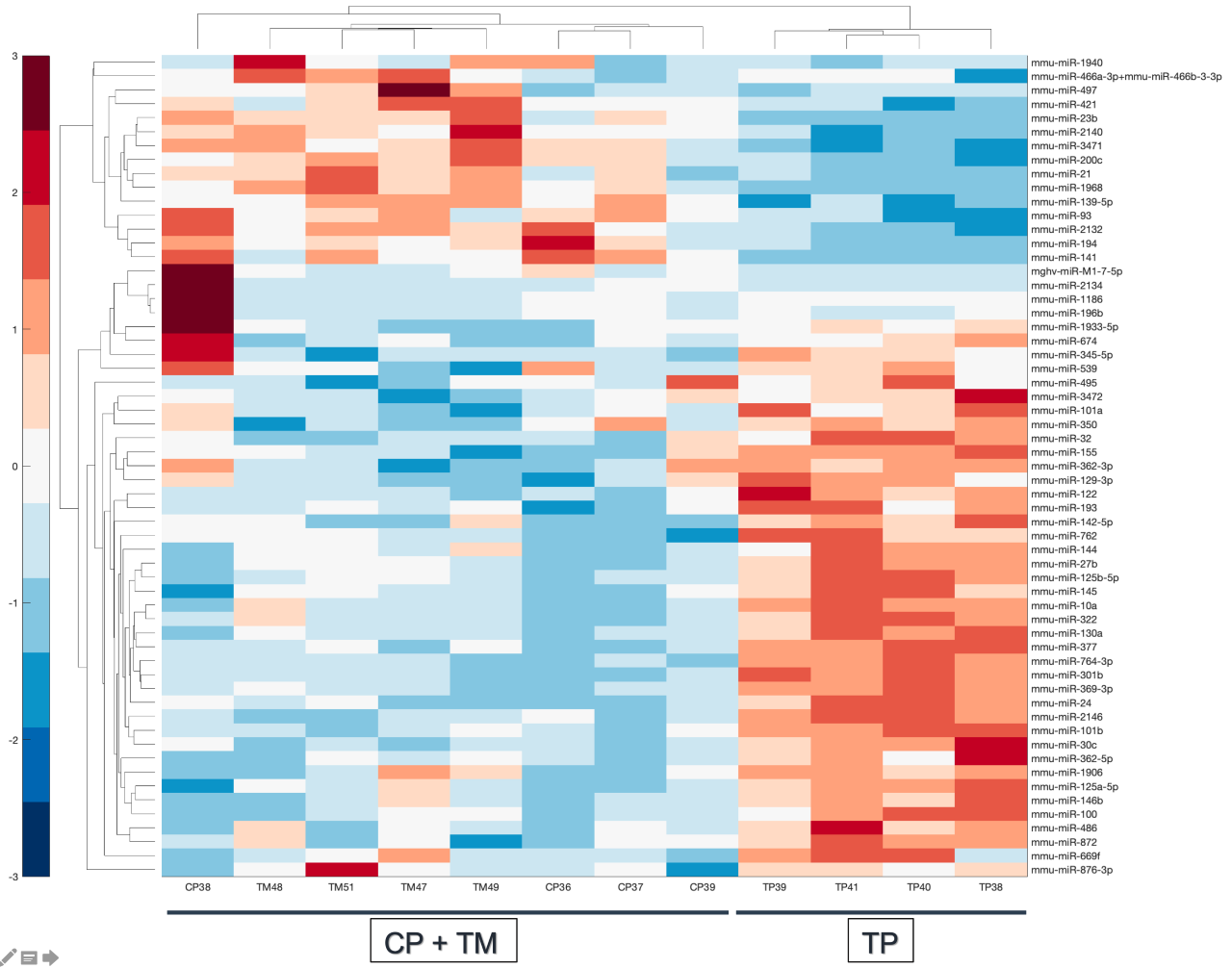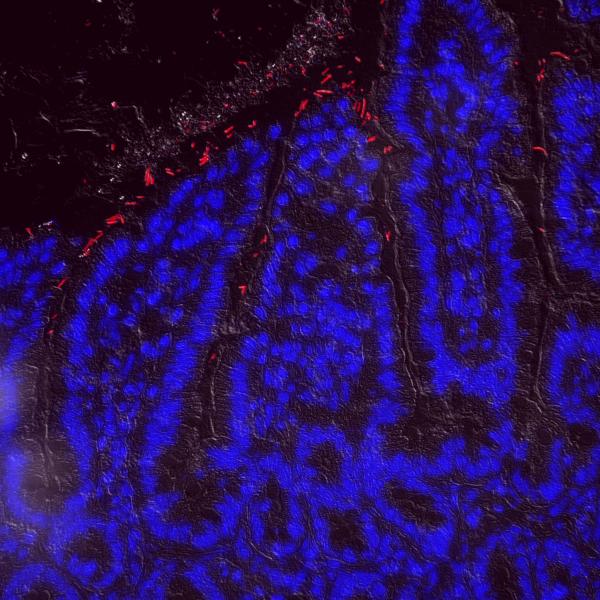Welcome to RUMP
Welcome to The Rutgers University Microbiome Program (RUMP)! RUMP is located in the Center for Advanced Biotechnology & Medicine at the Rutgers Robert Wood Johnson Medical School.
The Rutgers University Microbiome Program (RUMP) is a university-wide initiative that focuses on Microbiome Science Research, Education, Clinical Care, Technology transfer, and Community Outreach. The program aims to achieve excellence and become a national/international leader in an emerging science frontier, that will enhance the education of Rutgers students, enhance the academic standards and reputation of Rutgers University, fuel the economic development of New Jersey, and improve the health of New Jersey residents, and people everywhere.
Objectives of RUMP
· Develop academic, clinical, and industrial infrastructure to advance microbiome knowledge and practice.
· Understand the ecological and biological characteristics of the human and environmental microbiomes in both health and disease, and find ways to restore to health.
· Create a core facilities network for stakeholders to facilitate laboratory and analytical operations for microbiome research and applications.
· Increase opportunity, outreach, and synergistic collaborations for faculty and students, industry, with state and national policy makers.
· Partner with communities about their concerns and to educate about microbiome roles in health and disease.
· Create a pathway for career development in microbiome studies.
Contact
rump@cabm.rutgers.edu
(848)-445-9815
679 Hoes Lane West Piscataway, NJ 08854
This is unsupervised hierarchical clustering of the 59 most abundant and differential
miRNAs in studies of type 1 diabetes in NOD mice done by Sandra Yin with
Dr. Xuesong Zhang in Dr Martin Blaser's lab.
This is fluorescence in situ hybridization of commensal bacteria (red) in the mucus layer of the small
intestine (nuclei in blue). The image was taken by a MD/PhD student in Dr. Karen Edelblum's lab, Madeleine Hu.


